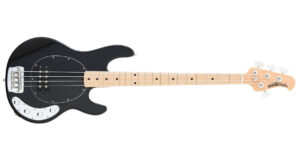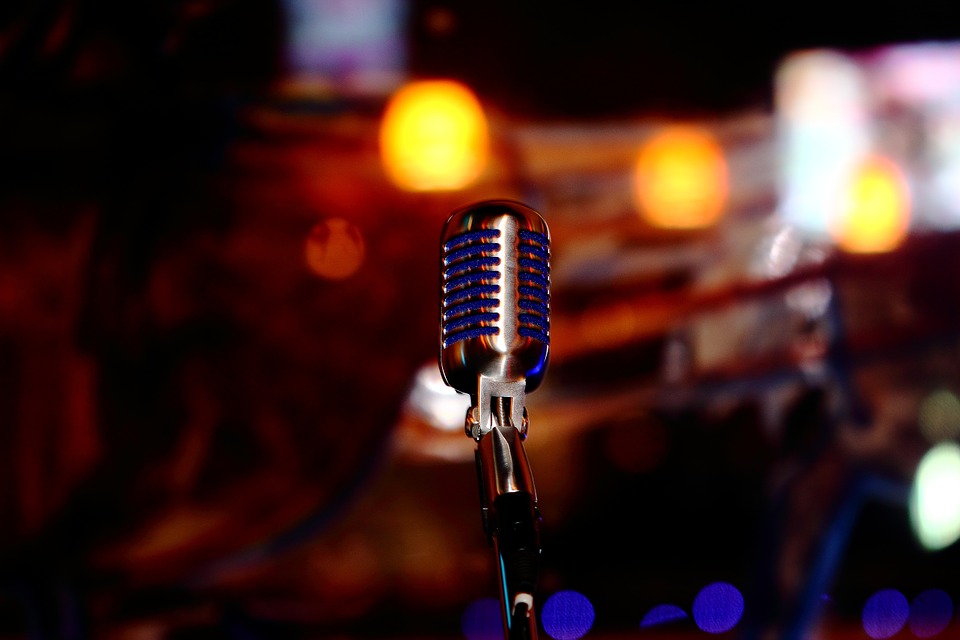It’s the semi-finals of a group music competition and the keyboardist is absent without notice. There are 5 minutes to go and the teacher has to prep 20 kids to start without any signal. What’s worse? The harmonies! Altos, Sopranos, Bass and the Tenor boys and girls are struggling to find a note that fits the song let alone have hum together. The audience falls silent as they watch with tepid gasps. Someone is snickering to the other saying “how hard can it be? They just have to sing right.”
But “singing right” is actually very hard to do. The situation could have been diffused if all the singers could identify the note they had to sing without the reference of an instrument. But then they’d have to have ‘Absolute pitch’ and that’s a skill that cannot be taught.
Absolute pitch or perfect pitch is the auditory anomaly wherein you can reproduce a sound you’ve heard without needing to use an instrument or a hint. Most people don’t realize how hard this is. If someone asked you to sing a middle C, we’re unable to. We’re stuck asking ourselves if we can remember what the Middle C even sounds like, even if we’ve been playing an instrument for years. Adding to this even if we did get a note as a reference it would be impossible not to sing up or down to find other notes, as opposed to someone who is pitch perfect who JUST KNOWS what an F sounds like at different frequencies. Think of it this way, some pitch perfect people can identify the note of whales humming, a car honking, the chimes of a shop, or even metal dishes clanging together. Imagine having a friend who would casually mention that he/she doesn’t like cars that honk in D at a particular frequency. 1 in 10,000 people are pitch perfect. These people can tell you the key of music they’ve heard for the first time or reproduce the tune of the song days later. They can name tones or chords, identify the key of a piece, name frequency of a pitch or identify the pitches of an everyday sound.
You could try to test if you’re pitch perfect too. Record yourself singing your favourite songs and compare your version to the original. Maybe the sound you’ve recreated and the actual song are not on the same key, you could even be way off. But If you’re getting accurate results and singing on the right key without any help or hints you could possibly have perfect pitch. I tried to test myself using songs from Disney movies. I hadn’t listened to any Disney songs for a couple of days which made them the perfect choice for the test. However when I compared my version with the actual piece I always sang a little lower than the actual song.
But we should note that those with perfect pitch aren’t physically different from us, our systems and auditory abilities are the same. The only difference is that their analysis of sound is different, they analyze frequency better. Perfect Pitch is an act of cognition. It’s a mundane function for them, and often goes unnoticed. It’s as cool for them as it is for people to see colours: Not. That. Cool.
Can it be acquired? No. But the good news is you can achieve something similar to some extent, via Relative pitch. A skill wherein you identify tones by using the distance between them, singers happen to use this skill a lot. All in all there’s no denying perfect pitch is quite extraordinary but if you’re happy belting out a tune like nobody’s business it shouldn’t matter anyway.








